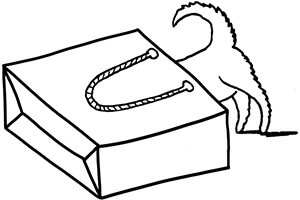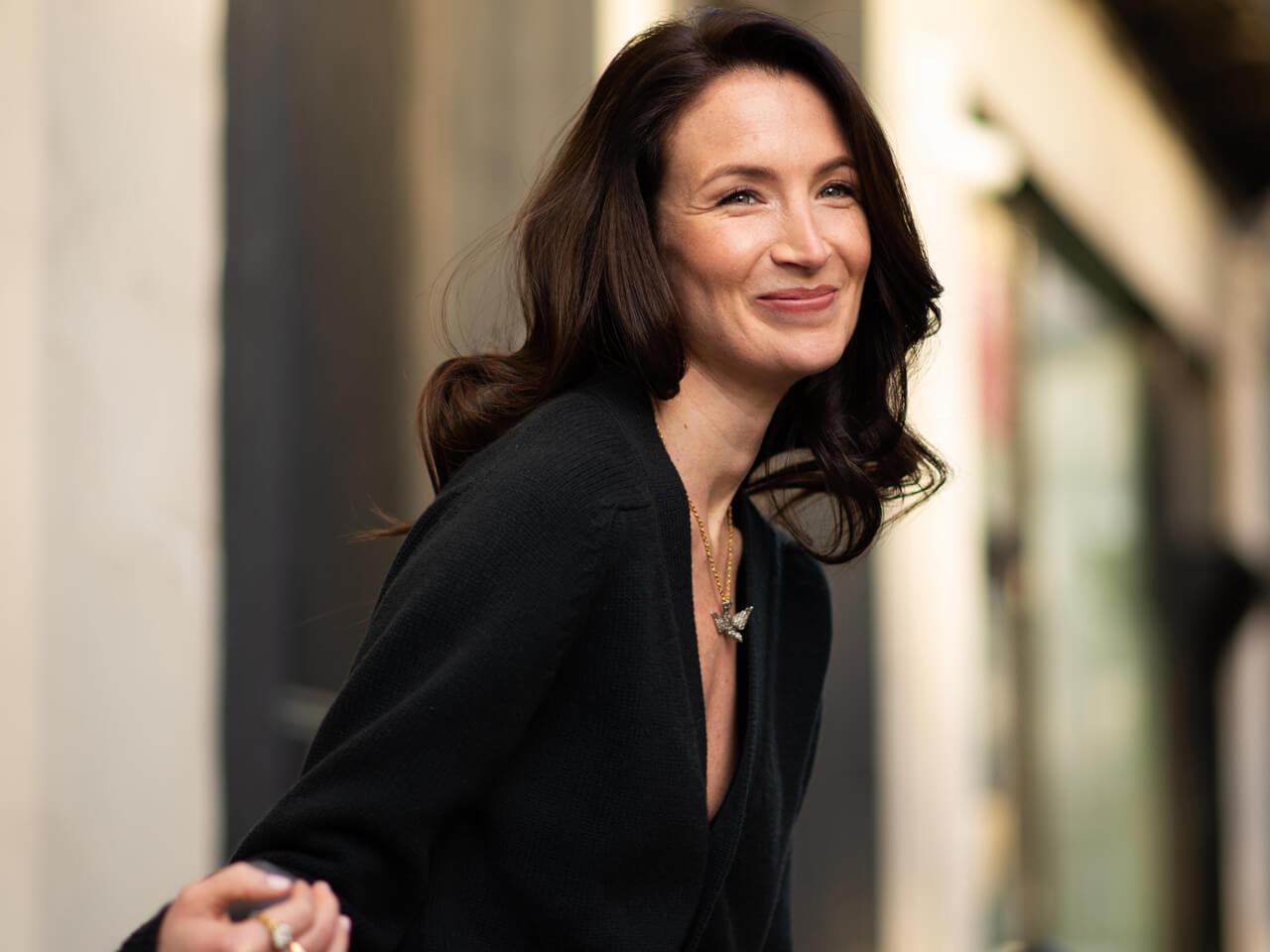-

Your Shopping Bag is empty

The Responsible Choice
Buying antique jewellery is both ethical and eco-friendly as harmful and destructive mining processes are not needed to make an item yours.
Find Out More

 Free Worldwide Delivery
Free Worldwide DeliveryA very sweet and pretty 15ct62.5% pure gold (or 625 parts pure gold and 375 parts other metals). Popular during the Victorian, Edwardian and Art Deco eras but was discontinued in the mid-1930s. More gold ring that was made circa 1830. It is composed of a small clusterA group of small diamonds or colourful gemstones grouped together to form a cluster, mimicking the look of a larger gem. Often this group can surround a larger center stone. More with a square cut rubyOne of the most valuable gemstones on earth. From the corundum family, the red variety being ruby and the blue, sapphire. With the exception of the diamond, corundum is the hardest of the gemstones on the Mohs scale scoring a 9. More in the centre and six naturalA natural stone is called such because it has not been subjected to any treatments. More split pearls surrounding it. The shankThe circle of metal that attaches to the decorative part of a ring and encircles the finger. More is particularly interesting with a reeded and pierced foliate design. It is delicate looking and a typical ring that would have been worn in Jane Austin’s time. It is as wearable now as it was then
The Details
Buying antique jewellery is both ethical and eco-friendly as harmful and destructive mining processes are not needed to make an item yours.
Find Out More


We always stand by our five core principles: Quality, Rarity, Expertise, Peace of Mind and Personal Touch
Find Out More